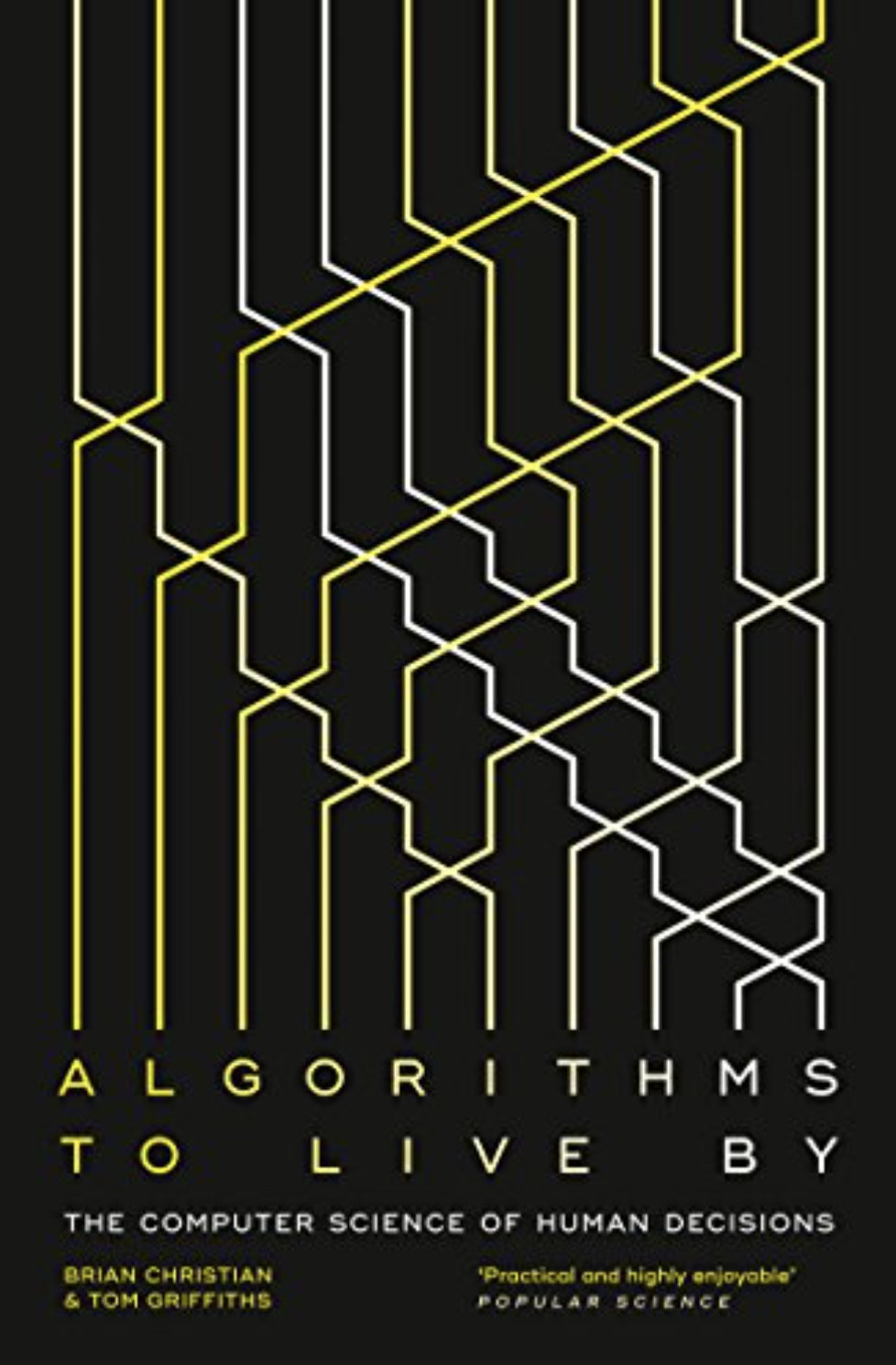The Gist

-
We can take so many lessons from Computer Science as inspiration to solve problems in our daily lives.
-
Queuing and knowing when it’s a good time to stop are essential lessons that we can take.
-
It’s good to be “computationally kind”. This means knowing how to communicate effectively such that it’s always easier for the other party.
Impressions
How I Discovered It
When I was at Stanford I always saw my peers reading this book. This is because so many of my friends were studying Computer Science. So I thought it’s a wonderful way to learn from others and understand more about this growing field.
How the Book Changed Me
-
I learned to schedule in a kinder manner. For example, instead of just saying “I am happy to meet with you”, I say: “Let’s meet early next week. Tuesday works best”. This makes it easier for the other person to schedule. Nowadays I even use Calendly to make it even easier to meet.
-
I learned about knowing when it’s optimal to stop. The beginning of the book talks about knowing when it’s optimal to stop, as continuing to search for a perfect partner leads to diminishing returns.
-
Queuing is important. When we have limited resources, overcrowding can lead to problems. It’s better to wait in line and take a turn so that the entire system does not break.
Who Should Read It?
I’d recommend this book to anyone, but especially young college freshman. They can use the lessons in networking with their friends, during club meetings, and even choices they make in their personal lives. Hopefully, this book can teach others to be kinder, more compassionate, and more confident in their encounters.
Reflections
In my own personal life, I’ve encountered a problem that was mentioned in this book. The optimal stopping problem talks about when it’s a good time to stop searching for a partner. Reflecting on this lesson, I think it’s important to be confident when one has made a decision on a partner and take ownership over the choice. When we stop, it’s important to then consider next steps and how we can work with the choice we have made. Lingering too much on a decision can lead to unattractive second thoughts and cold feet. This book taught me to learn from my decisions and commit to a choice I am responsible for.
I also learned how to be kinder through this book. When I schedule meetings now, I am always the one to suggest a specific date and time. This helps everyone, as it diminishes ambiguity and helps the entire team to be on track. After reading this book, I also was inspired to purchase a Calendly subscription to help me schedule meetings with others, especially for work purposes.
Reflecting on this book, I also learned so much about packets and how we send information across systems. I learned that it’s vital to send read receipts, as that’s how others can confirm that we received their message. I’m a bit hesitant to send read receipts for privacy reasons, but I may start to warm up to this idea. Overall, this book taught me so much and I’m happy to recommend it to others moving forward.